Tsinghua University hosted a forum on globalized student cultivation to mark the 10th anniversary of the launch of its Global Environment Program (GEP) on June 19th.
The Forum invited experts and scholars from the environmental schools of universities, institutes and international companies to share insights into promoting the cultivation of globalized environmental talent and international environmental education.
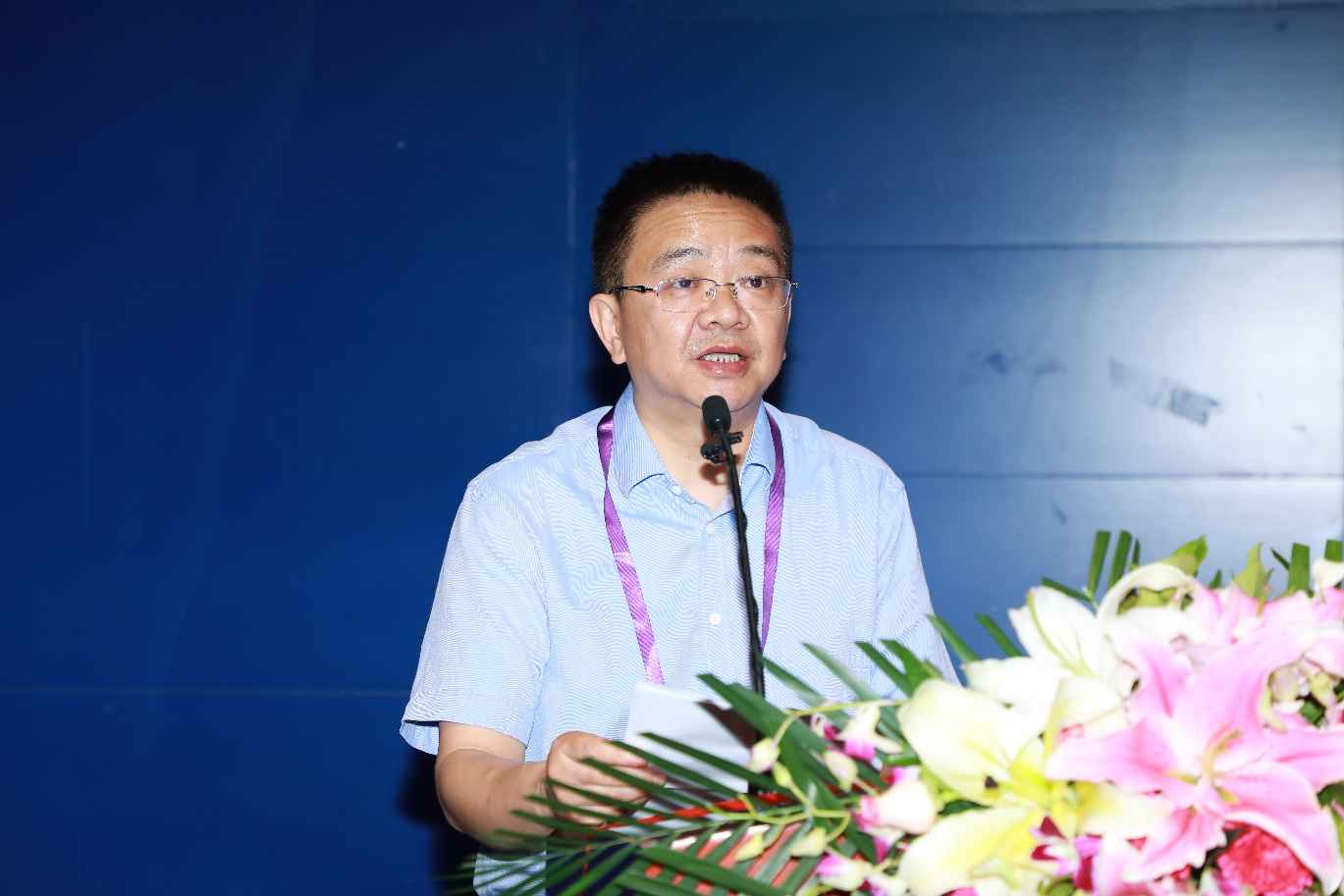
Peng Gang, Vice President of Tsinghua University, He Kebin, member of Chinese Academy of Engineering and professor of School of Environment, Tsinghua University, Tu Ruihe, representative of the United Nations Environment Programme (UNEP) in China and Director of the GEP steering committee, Yu Gang, responsibility professor of GEP, Zhang Yuhan, alumni representative of GEP, and other experts from universities delivered speeches at the forum.
Peng stressed that Tsinghua has attached great importance to opening-up and cooperation in international talent cultivation and education, thus enhancing collaboration with higher education institutions around the world. He lauded the GEP as a leading force in the global reform of talent cultivation and education for its contribution in actively exploring innovative talent training methods and pursuing scientific research to support national and international development. Peng also extended a warm welcome to experts and scholars present at the forum and expressed his strong optimism about the future.
“It’s my strong belief that we will hear more voices from universities in this forum with experiences and achievements in international talent cultivation, and that we will reach a consensus, and seek in-depth cooperation to make a greater contribution to the sustainable development of the global environment,” he said.
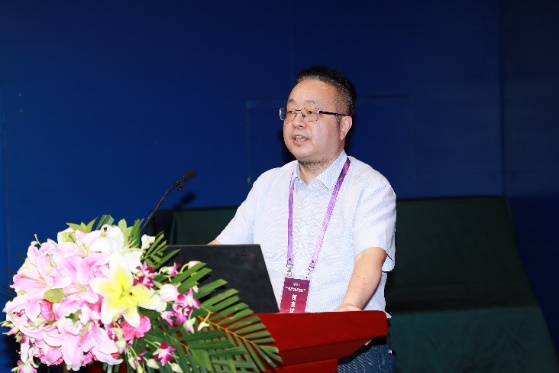
Professor He said the solution of global issues like climate change requires international efforts, urging universities to develop talents with innovative thinking and global competence and responsibilities through the combination of theory and practice, and the higher-level opening-up of education. He added that building more open, integrative and resilient universities and striving for ecological civilization construction is vital for building a community of a shared future for mankind.
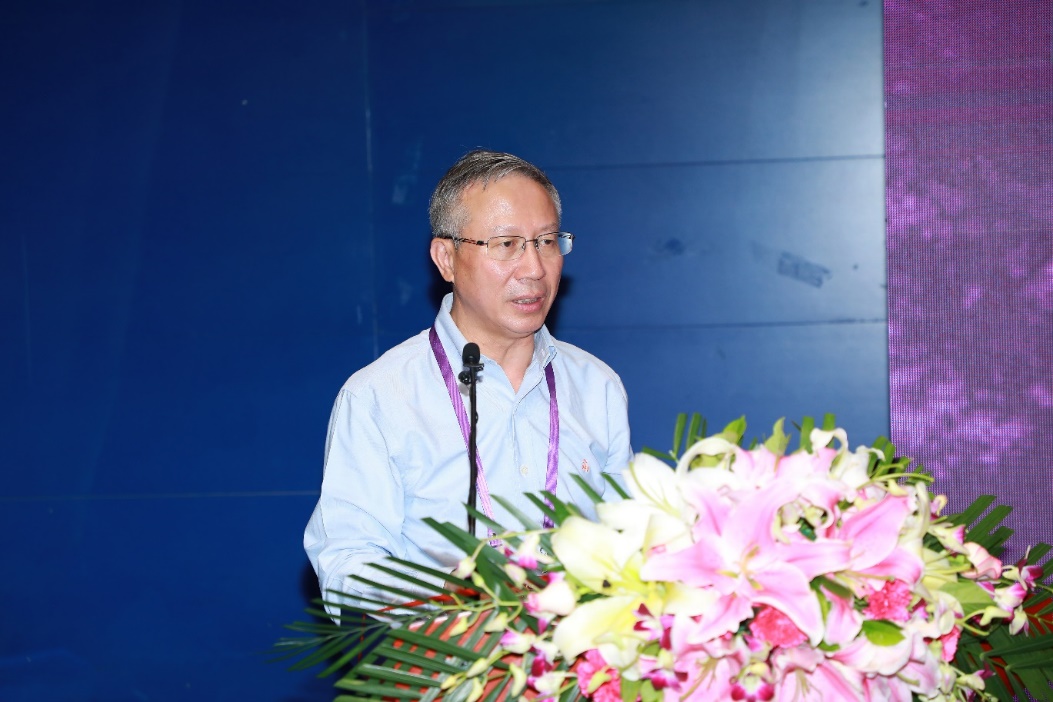
Tu shared his thoughts and suggested that China needed to encourage more talents, especially youth, to serve in international organizations and contribute more in global affairs. He said that Chinese students should positively seek working positions not only in international organizations, but also in domestic government, companies and NGOs to practice and enhance the ability to serve in international organizations.

Yu emphasized that the GEP has built a cultivation mechanism for global environmental talents, by accessing students to characteristic on-campus activities and exchanges with excellent universities worldwide, and by offering various internship opportunities to work in international organizations in the field of international practice and communication. Looking to the future, he underscored that the GEP is committed to cultivating more environmental pioneers and to contributing to the realization of the UN Sustainable Development Goals in collaboration with partners around the world.
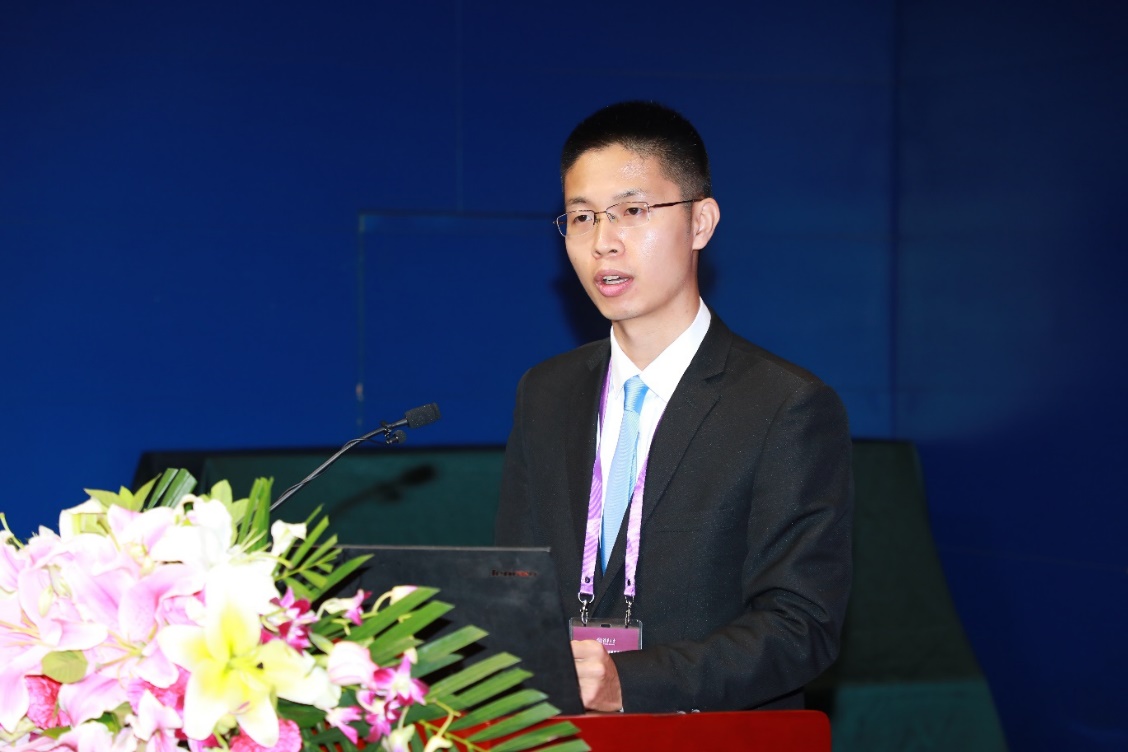
Zhang, who now works in the UNEP, recalled his experience of engaging in the UN Climate Change Conference and internship in the UNEP while studying in the GEP, which, he said, offered him opportunities to study science and technology and have a better understanding of international politics and economics, giving him the confidence and capacity to work in the UN. In the face of uncertainties and challenges, Zhang said, Tsinghua highlighted the cultivation of the spirit of perseverance and innovation in youth by encouraging more talents to take root and stand out in their career of global environmental governance.
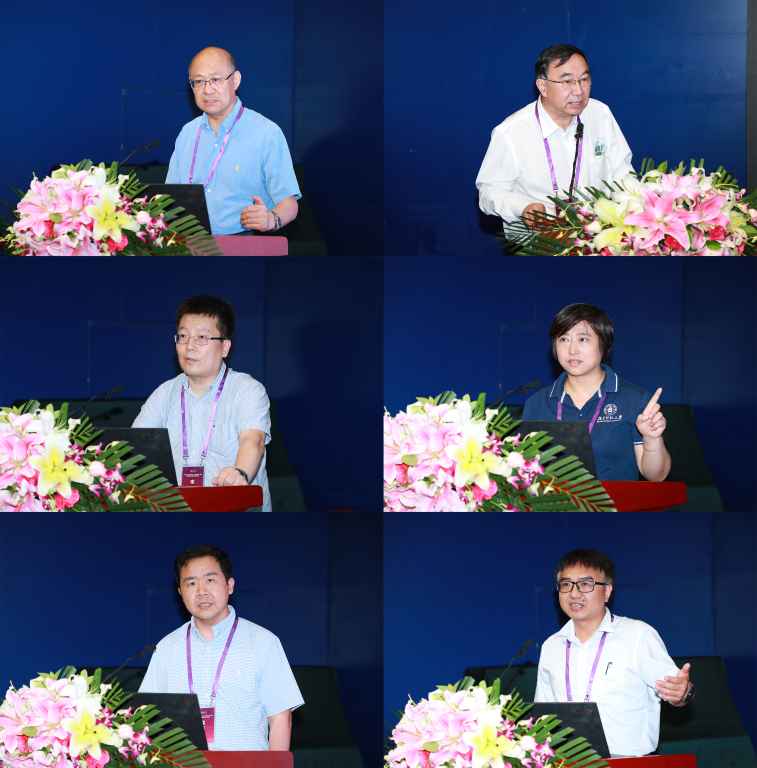
Experts from Peking University, Tongji University, the Harbin Institute of Technology, Beijing Normal University, Nankai University and the Xi’an University of Architecture and Technology shared their experiences in talent cultivation, introducing their special programs and measures to enhance specialized knowledge and international cooperation. They agreed that fundamental changes have taken place in environmental protection both in China and the world, which demand universities to march forward on the path of innovation and cooperation.
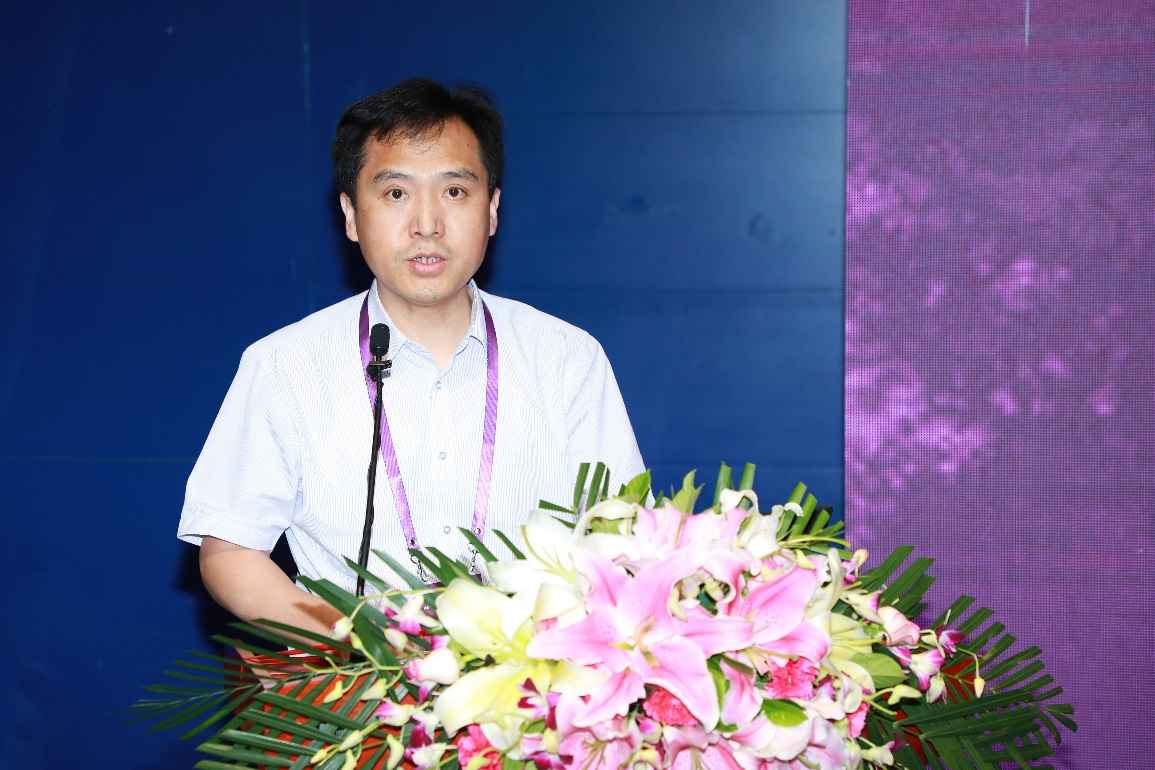
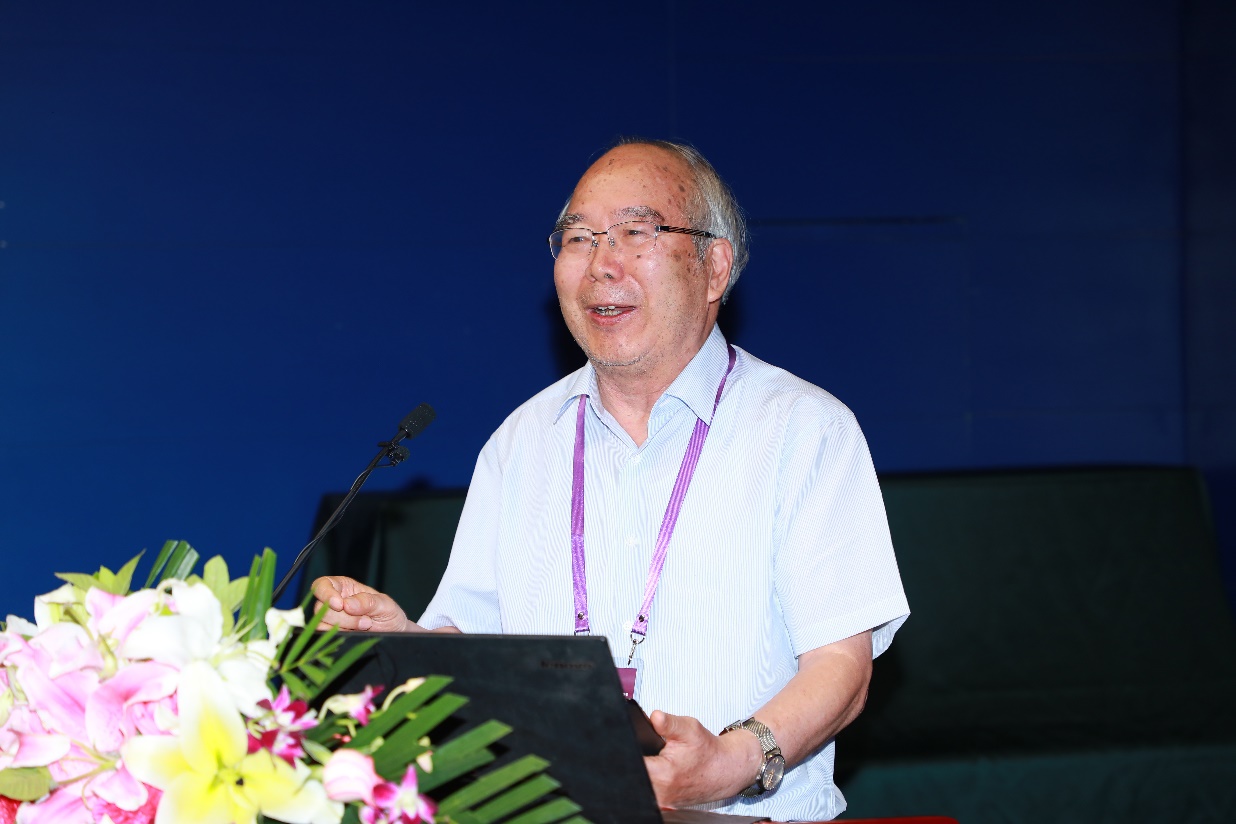
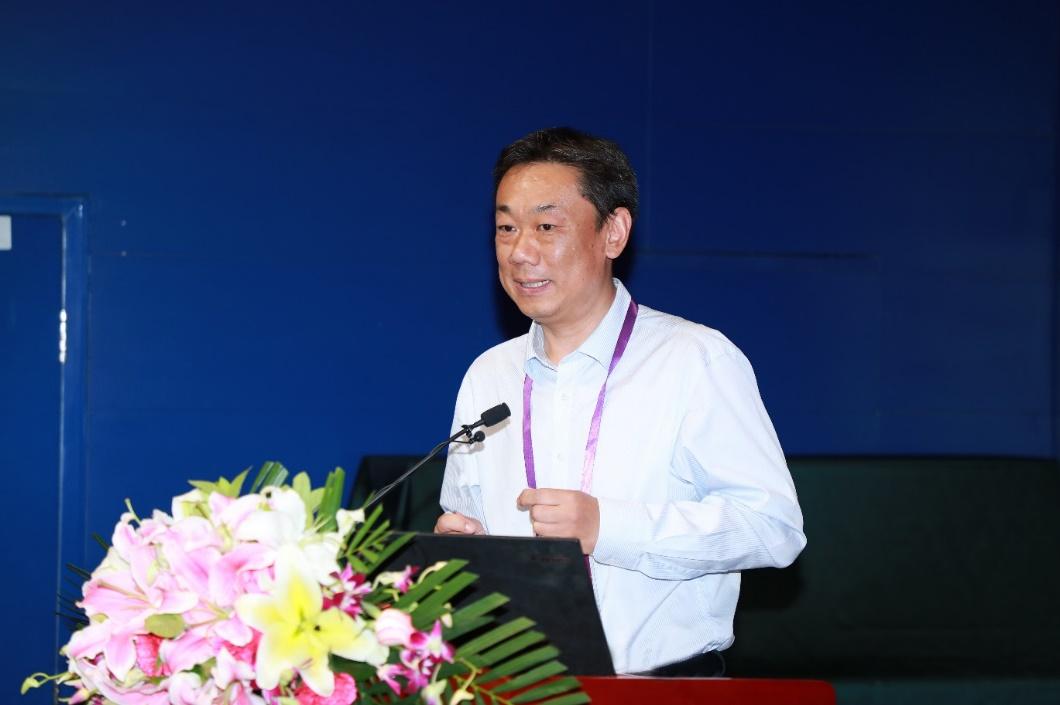
The Forum launched an initiative suggested by 26 universities on enhancing cooperation in environmental education and promoting the cultivation of talent with international views. The initiative calls on universities to take on responsibilities for China and the world, by proactively seeking innovative ways to cultivate high-level talents, to enhance in-depth cooperation among universities, and to encourage graduates to engage in global environmental issues.
It also calls for implementing global strategies by upholding global vision and competence, and striving for a community of a shared future for mankind by taking global action and global response.
Editors: Guo Lili, John Olbrich, Li Han